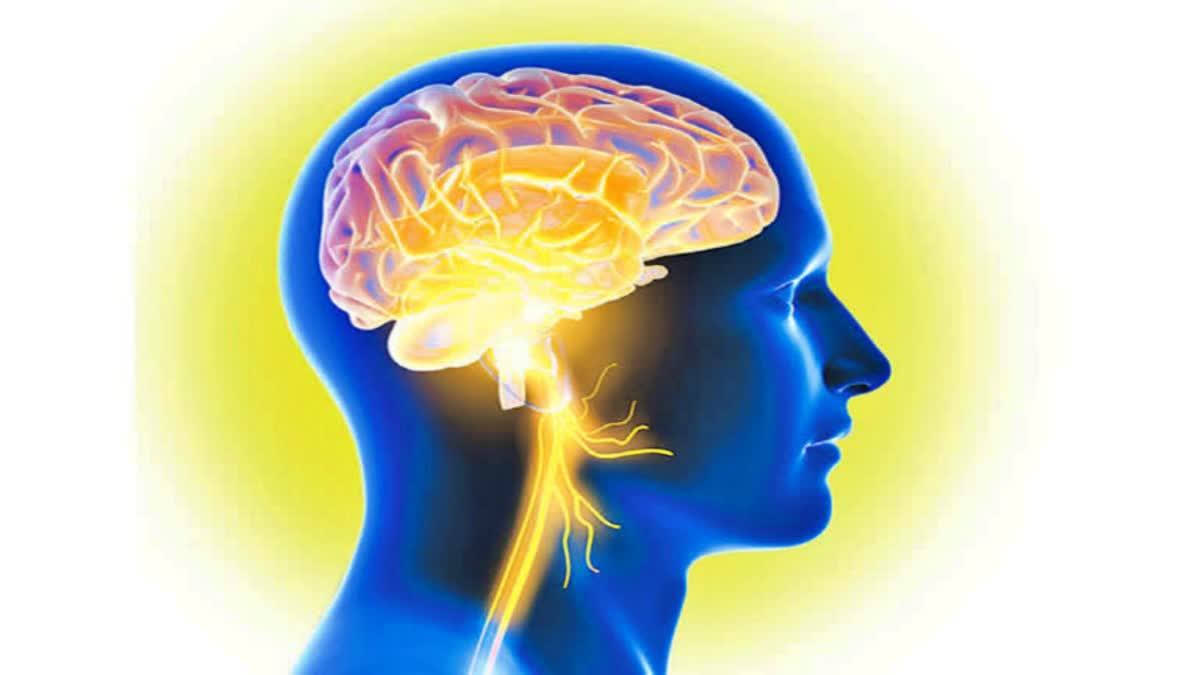New Delhi: To prevent, treat and cure brain disorders worldwide, the World Brain Day is observed by the World Federation of Neurology every year on July 22. The World Brain Day will centre on increasing awareness throughout the world to enhance accessibility and lessen gaps in equality for people with brain illnesses.
History & Significance
The World Federation of Neurology (WFN), established on July 22, 1957, observes World Brain Day to create awareness of neurology and brain health. In 2013, the World Congress of Neurology (WCN) under WFN, conceptualized the idea of World Brain Day. Huge support to observe such an occasion resulted in the Board of Trustees of the World Congress of Neurology approving it in February 2014. Since then, July 22 has been dedicated as World Brain Day every year to promote awareness and support for brain health throughout the world.
The day creates awareness of the value of brain health. This yearly event, which includes people of all ages and genders, focuses on brain health education to enhance equity for those with brain disorders.
Theme For 2024
This year’s World Brain Day (WBD) will be on brain health and prevention. “Both topics (health and prevention) have a history. Brain health is a continuing topic, which has also been taken up worldwide by other societies and is in line with the WHO’s efforts. The five pillars of the intersectoral global action plan on epilepsy and other neurological disorders (IGAP) are advocacy, therapy, prevention, innovation/research and public health.
From these five pillars we chose prevention as this year’s topic, as prevention is a powerful and often underestimated tool we need to use to preserve brain health and also increase the number of persons, who are not affected by neurological diseases,” said Prof Wolfgang Grisold, president of World Federation of Neurology.
The day will centre on increasing awareness across the world to enhance accessibility and lessen gaps in equality for people with brain illnesses.
According to The Lancet study, primary prevention for brain disorders includes risk assessment, management of active risk factors and longitudinal monitoring and surveillance for prodromal signs and symptoms. “Secondary prevention involves early and prompt diagnosis, risk factor reduction, active treatment intervention, and optimisation of lifestyle factors and behavioural health.
Status of Neurological Disorders in India
As per a finding of The Lancet, the contributions of non-communicable neurological disorders to total disability-adjusted life-years (DALYs) in India doubled from 4 per cent in 1990 to 8·2 per cent in 2019, and the contribution of injury-related neurological disorders increased from 0·2 per cent to 0·6 per cent.
“Conversely, the contribution of communicable neurological disorders decreased from 4·1 per cent to 1·1 per cent during the same period. In 2019, the largest contributors to the total neurological disorder DALYs in India were stroke (37·9 per cent), headache disorders (17·5 per cent), epilepsy (11·3 per cent), cerebral palsy (5·7 per cent) and encephalitis (5·3 per cent),” the findings said.
WHO’s Take On Neurological Disorders
The World Health Organisation (WHO) has recently published a new implementation toolkit for the Intersectoral Global Action Plan on Epilepsy and other neurological disorders (IGAP), outlining specific actions and resources for countries to improve services for people with neurological disorders in preparation for meeting IGAP’s targets for 2031.
“Neurological conditions are the leading cause of ill health and disability worldwide. The provision of services for these conditions is insufficient, especially in low- and middle-income countries. Worldwide, people living with neurological disorders and associated disabilities continue to have difficulties accessing treatment and rehabilitation, and many also experience discrimination and human rights violations,” the WHO said.
Talking on the issue, Dr Tamorish Kole, chair, of the Clinical Practice Committee, of the International Federation for Emergency Medicine (IFEM), said that neurological disorders pose a profound public health challenge in India, impacting millions with conditions such as stroke, epilepsy, Parkinson's disease, Alzheimer's disease and multiple sclerosis.
“Stroke, in particular, affects approximately 1.8 million individuals each year, standing as a leading cause of both death and disability. The high prevalence of epilepsy, coupled with an ageing population contributing to an increase in dementia cases, amplifies this burden. The economic impact is considerable, underscoring the need for enhanced healthcare infrastructure, greater public and professional education, and increased investment in research to improve management and treatment,” said Dr Kole.
Epilepsy is also highly prevalent in India with around 10 million people affected. “Parkinson’s disease, while significant, affects an estimated 3,00,000 people in India, which is lower compared to the prevalence of stroke and epilepsy. Alzheimer’s disease and dementia are also on the rise due to the ageing population, adding to the overall burden of neurological disorders in the country,” said Dr Kole.



